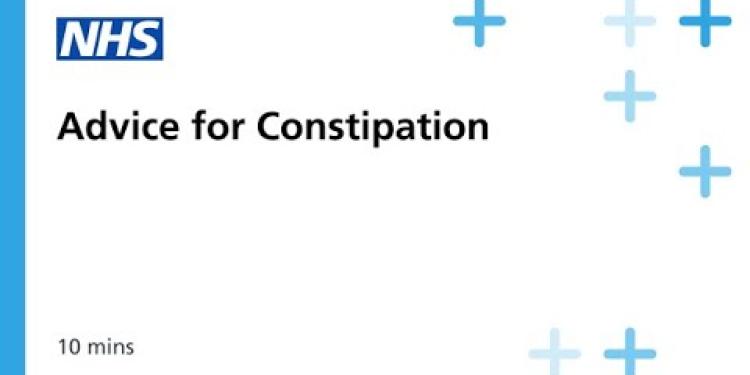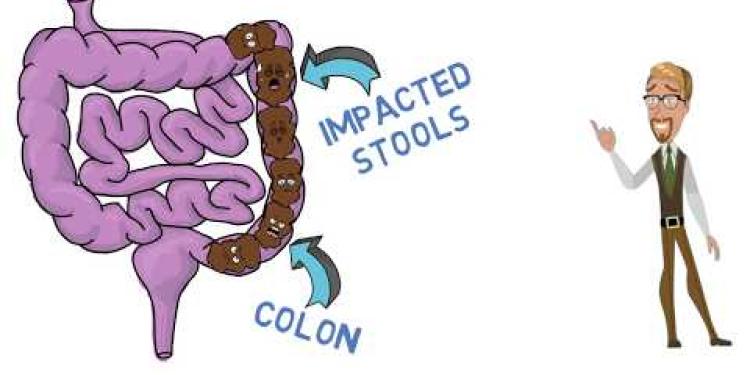Important Information On Using This Service
- Ergsy carefully checks the information in the videos we provide here.
- Videos shown by YouTube after a video has completed have NOT been reviewed by ERGSY.
- To view, click the arrow in the center of the video.
Using Subtitles and Closed Captions
- Most of the videos you find here will have subtitles and/or closed captions available.
- You may need to turn these on and choose your preferred language.
Turn Captions On or Off
- Go to the video you'd like to watch.
- If closed captions (CC) are available, settings will be visible on the bottom right of the video player.
- To turn on captions, click settings.
- To turn off captions, click settings again.
Find A Professional
More Items From Ergsy search
-

Incontinence | NHS
Relevance: 100%
-
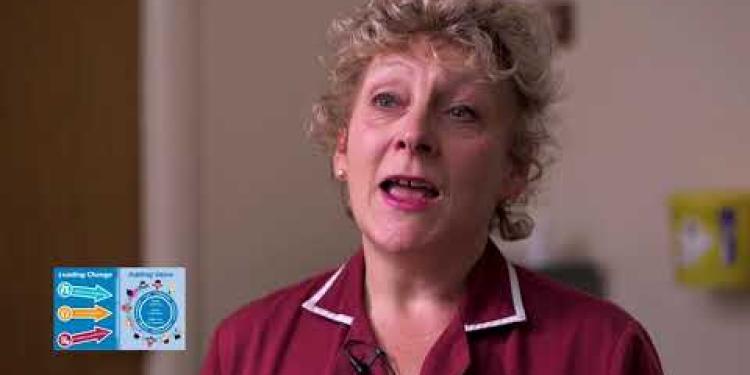
Sandwell and West Birmingham Hospitals NHS Trust – Faecal Incontinence and Constipation Healthcare
Relevance: 86%
-
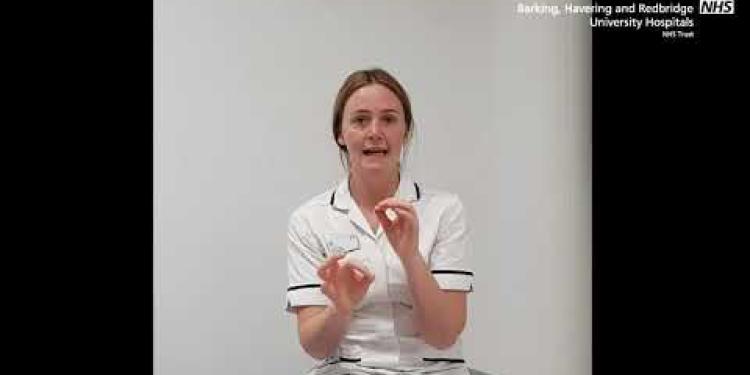
Pelvic health: Urge Incontinence
Relevance: 63%
-
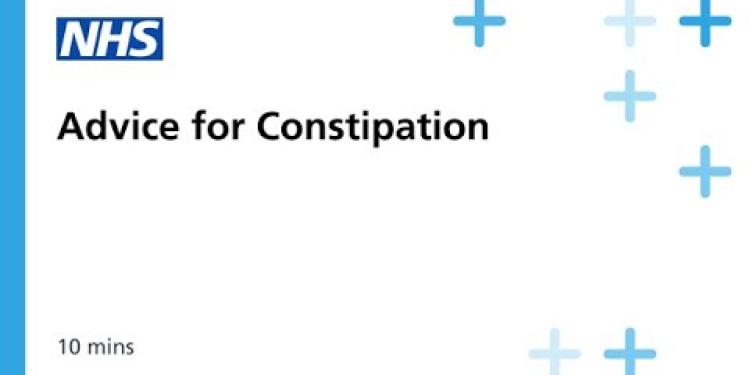
Constipation: Tips for those suffering with constipation
Relevance: 58%
-
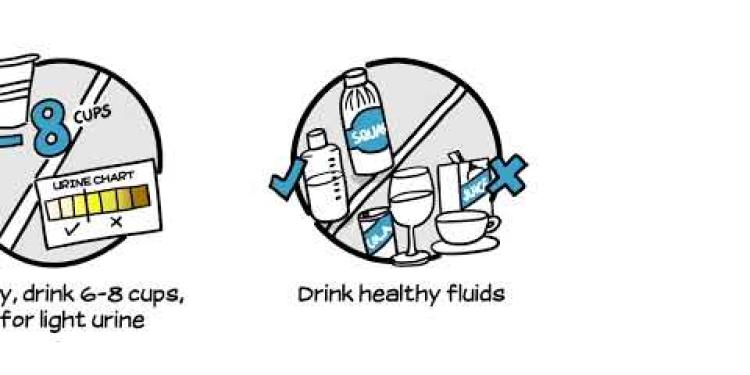
Avoiding infections with urinary incontinence
Relevance: 58%
-

How to treat constipation | NHS
Relevance: 49%
-

Incontinence and Prolapse - Physiotherapy Advice
Relevance: 47%
-

Newcastle Specialist Continence Service's Light Urinary Incontinence Project
Relevance: 42%
-
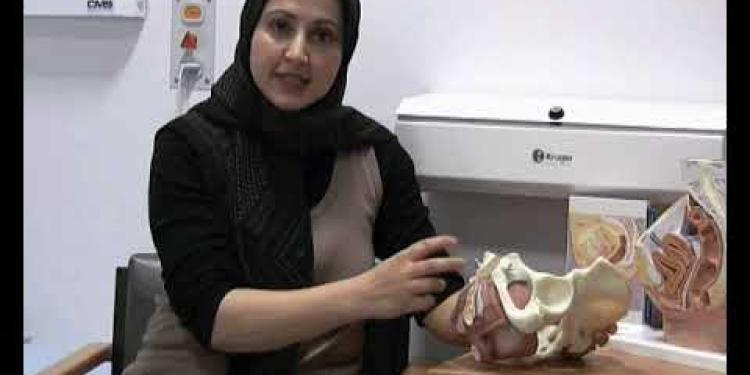
Physiotherapy Assessment of Urinary Incontinence
Relevance: 41%
-
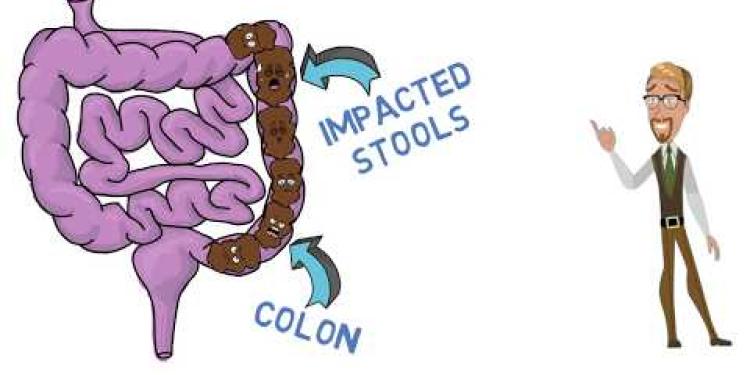
The effective treatment of childhood constipation according to NICE guidelines.
Relevance: 39%
-

Pelvic health: stress urinary incontinence
Relevance: 37%
-

Incontinence and Prolapse - Physiotherapy Advice
Relevance: 36%
-
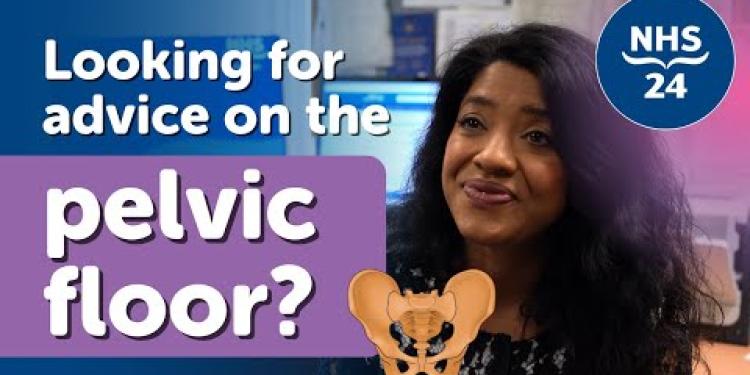
Your pelvic health matters: insights from NHS clinicians
Relevance: 15%
-

NHSGGC - Reviewing Laxatives
Relevance: 11%
-
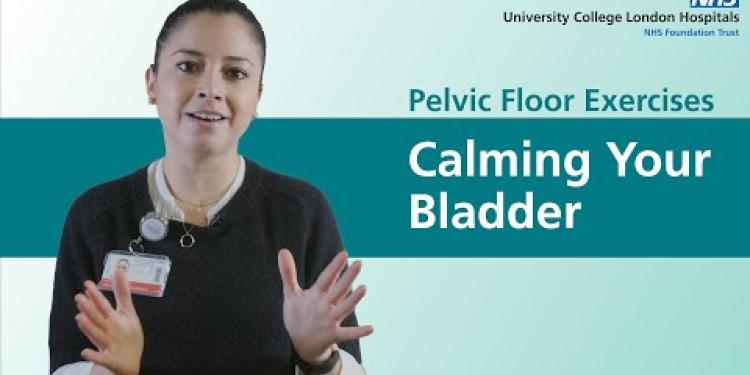
Pelvic Floor Exercises - Using Your Pelvic Floor to Calm Down Your Bladder
Relevance: 10%
-
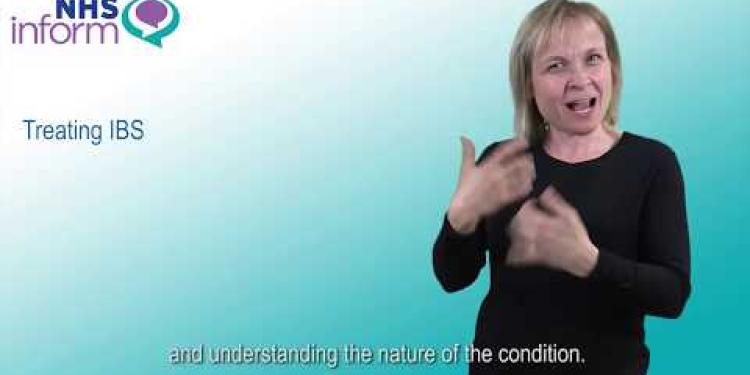
Treating irritable bowel syndrome (IBS)
Relevance: 10%
-
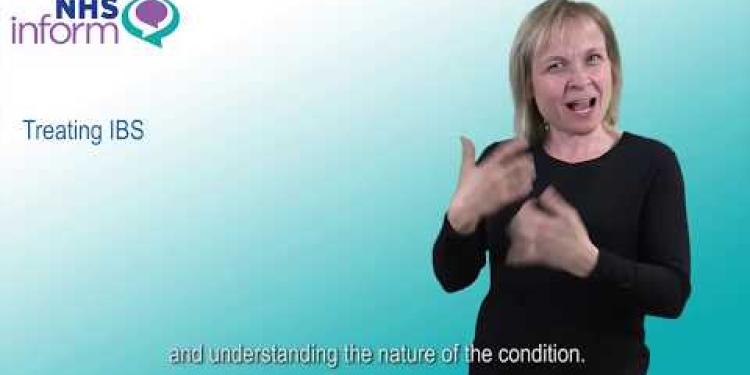
Treating irritable bowel syndrome (IBS)
Relevance: 9%
-

What is irritable bowel syndrome (IBS)?
Relevance: 9%
-

Pelvic health: prolapse
Relevance: 8%
-

What is irritable bowel syndrome (IBS)?
Relevance: 8%
-

About irritable bowel syndrome (IBS)
Relevance: 8%
-
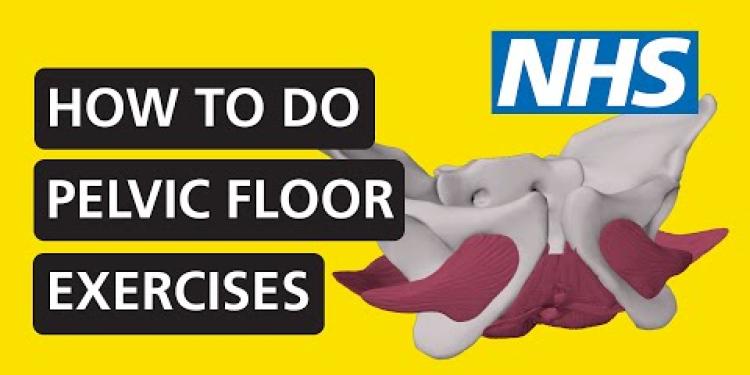
How to do pelvic floor exercises | NHS
Relevance: 8%
-
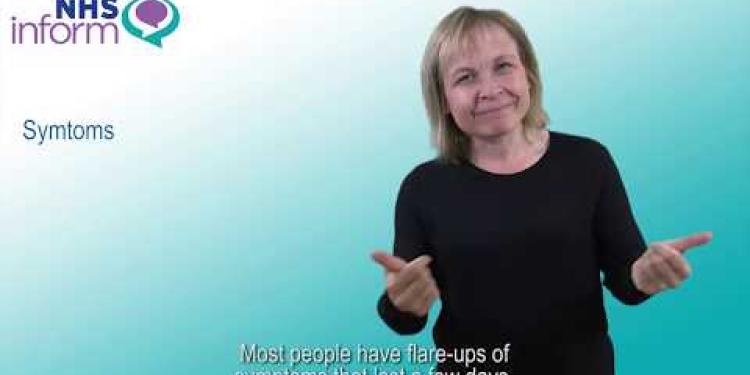
Symptoms of irritable bowel syndrome (IBS)
Relevance: 7%
-

Pelvic health: prolapse
Relevance: 6%
-

Bowel cancer - Symptoms and signs to look out for
Relevance: 6%
-

Ovarian cancer - signs and symptoms to look out for
Relevance: 6%
-
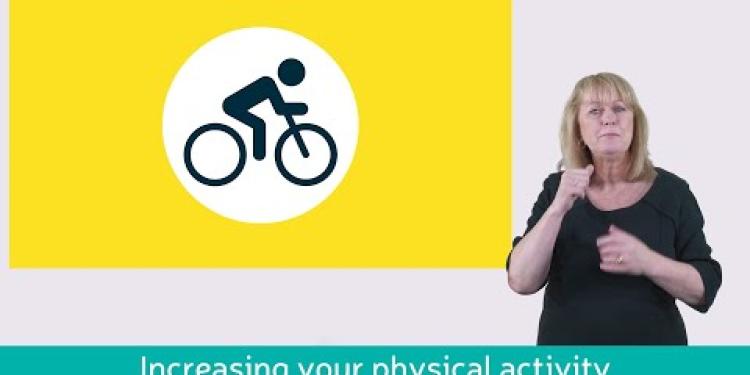
Learn about bowel cancer (British Sign Language version)
Relevance: 6%
-
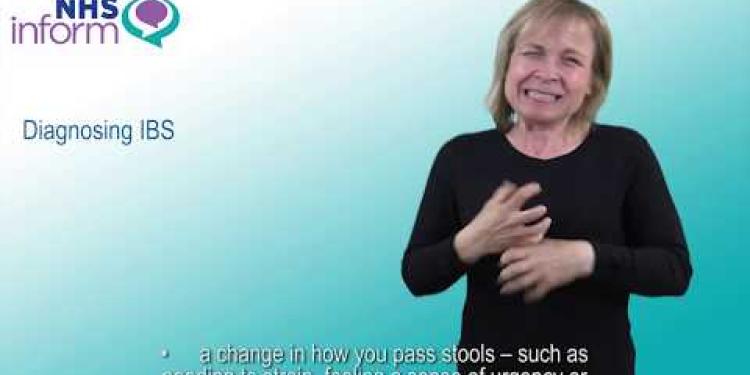
Diagnosing irritable bowel syndrome (IBS)
Relevance: 6%
-

Stomach ache and abdominal pain
Relevance: 6%
-

Prolapse Types and Tips
Relevance: 5%
-
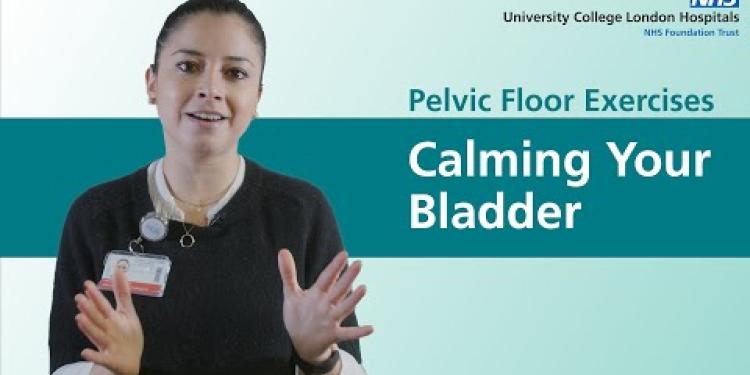
Pelvic Floor Exercises - Using Your Pelvic Floor to Calm Down Your Bladder
Relevance: 5%
-

Symptoms of coeliac disease
Relevance: 4%
-

The Pelvic Floor Muscles - Developing an Exercise Programme
Relevance: 4%
-

IBS and your mind: Is there a connection?
Relevance: 4%
-

IBS and your mind: Is there a connection?
Relevance: 4%
-
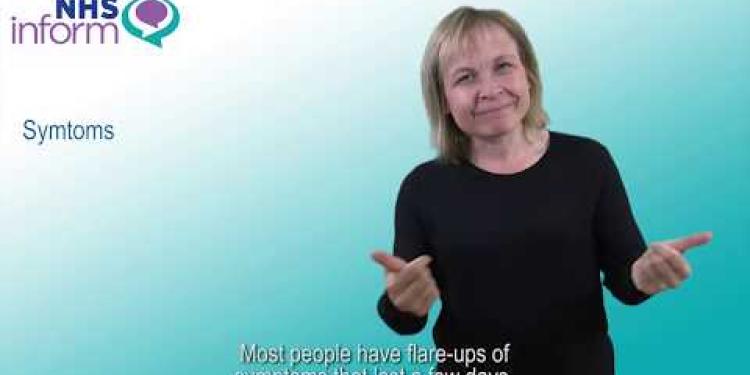
Symptoms of irritable bowel syndrome (IBS)
Relevance: 4%
-

Prolapse Management
Relevance: 4%
-

Finding out about Fibroids - information for patients
Relevance: 3%
-

How to do the FIT bowel cancer screening test | Cancer Research UK
Relevance: 3%
-

About irritable bowel syndrome (IBS)
Relevance: 3%
Sandwell and West Birmingham Hospitals NHS Trust – Faecal Incontinence and Constipation Healthcare
Introduction
Sandwell and West Birmingham Hospitals NHS Trust provides comprehensive healthcare services for patients experiencing faecal incontinence and constipation. These conditions can significantly impact quality of life, and the Trust is committed to offering advanced diagnostic and therapeutic services to manage and alleviate symptoms.
Understanding Faecal Incontinence
Faecal incontinence is the involuntary loss of bowel control, leading to unexpected leakage of stool. It is a distressing condition that can result from various causes, including muscle weakness, nerve damage, and rectal disorders. The Trust's dedicated team of specialists conducts thorough assessments to determine the underlying causes and tailor individualised treatment plans.
Constipation Management
Constipation is characterised by infrequent bowel movements, difficulty passing stool, or a combination of both. It can be caused by dietary factors, lifestyle habits, medications, or underlying medical conditions. Sandwell and West Birmingham Hospitals NHS Trust offers comprehensive management strategies, ranging from dietary modifications and medications to advanced surgical options, ensuring effective relief for patients.
Diagnostic Services
The Trust employs state-of-the-art diagnostic tools to evaluate patients with faecal incontinence and constipation. These may include anorectal manometry, colonoscopy, and imaging studies. Accurate and detailed diagnosis is crucial for developing effective treatment plans.
Multidisciplinary Approach
The Trust adopts a multidisciplinary approach in managing faecal incontinence and constipation. Their team includes gastroenterologists, colorectal surgeons, nutritionists, physiotherapists, and specialist nurses. This collaborative effort ensures a holistic treatment plan that addresses all aspects of the patient's condition.
Patient Education and Support
Empowering patients with knowledge about their condition is a core aspect of care at Sandwell and West Birmingham Hospitals NHS Trust. They provide educational resources, support groups, and personalised advice to help patients manage their symptoms better and improve their quality of life.
Conclusion
Sandwell and West Birmingham Hospitals NHS Trust is dedicated to offering exceptional care for patients suffering from faecal incontinence and constipation. Through a combination of advanced diagnostics, multidisciplinary treatment, and patient education, the Trust strives to enhance the well-being and quality of life for individuals dealing with these challenging conditions.
Sandwell and West Birmingham Hospitals NHS Trust – Help for Bowel Problems
Welcome
Sandwell and West Birmingham Hospitals help people with bowel problems. These are called faecal incontinence and constipation. These problems can make life hard. The hospital works to find out what is causing the problem and to help make it better.
What is Faecal Incontinence?
Faecal incontinence means you can't control when you poo. This can happen because of weak muscles, nerve problems, or issues with the rectum. The hospital has a team of experts who will find out why it is happening and help make a plan to treat it.
What is Constipation?
Constipation means you don't poo often or it's hard to poo. This can be because of what you eat, how you live, medicine, or other health problems. The hospital helps with different ways to manage constipation. This can include changing what you eat, taking medicine, or surgery if needed.
Tests to Find the Problem
The hospital uses special tests to see why someone has faecal incontinence or constipation. These can include tests that look at the muscles, using a camera to look inside the bowel, and pictures of the inside. These tests help doctors figure out the best way to help.
Team Approach
The hospital has a big team to help with bowel problems. This includes doctors who know about the stomach and bowel, surgeons, diet experts, physiotherapists, and nurses. They all work together to help the patient get better.
Helping Patients Learn
The hospital helps patients learn about their bowel problems. They give out information, support groups, and one-on-one advice. This helps patients take control of their health and feel better.
In Summary
Sandwell and West Birmingham Hospitals NHS Trust is here to help people with faecal incontinence and constipation. They use the best tools and teamwork to help patients feel better and live well.
Frequently Asked Questions
What is faecal incontinence?
Faecal incontinence is the inability to control bowel movements, resulting in unexpected leakage of stool.
What causes faecal incontinence?
Causes include muscle or nerve damage from childbirth, surgery, neurological conditions, chronic constipation, or diarrhoea.
How common is faecal incontinence?
Faecal incontinence is relatively common, particularly among older adults and women, although it can affect people of any age.
What are the treatment options for faecal incontinence?
Treatments can include dietary changes, pelvic floor exercises, medications, bowel training, and in some cases, surgery.
What is constipation?
Constipation is a condition where bowel movements are infrequent or hard to pass, often accompanied by discomfort.
What causes constipation?
It can be caused by a lack of dietary fibre, insufficient fluid intake, lack of exercise, medications, and underlying medical conditions.
How can constipation be prevented?
Preventative measures include eating a high-fibre diet, drinking plenty of fluids, regular physical activity, and establishing a regular bowel routine.
When should I see a doctor about constipation?
You should consult a doctor if constipation persists beyond a few weeks, is severe, or is accompanied by symptoms such as weight loss, severe pain or blood in stools.
How is faecal incontinence diagnosed?
Diagnosis typically involves a medical history review, physical examination, and may include tests like anorectal manometry, ultrasound, or defecography.
Can faecal incontinence be cured?
While not all cases can be cured, many people can manage symptoms effectively with appropriate treatments and lifestyle modifications.
Are there specific exercises for faecal incontinence?
Yes, pelvic floor exercises (also known as Kegel exercises) are recommended to strengthen the muscles that support the bowel and bladder.
What dietary changes are recommended for managing constipation?
A diet high in fruits, vegetables, whole grains, and adequate fluid intake is recommended to help manage constipation.
Is medication necessary for treating constipation?
Medication may not always be necessary; lifestyle and dietary changes are often effective. In some cases, laxatives or other medications may be prescribed by a healthcare provider.
What is bowel training?
Bowel training is a method to help establish regular bowel movements, which can involve setting a regular time each day to try to have a bowel movement, using relaxation techniques, and sometimes using a mild stool softener.
Are there any support groups for individuals with faecal incontinence?
Yes, there are support groups and organisations in the UK that provide resources and support for those experiencing faecal incontinence, such as the Bladder and Bowel Community.
What is pooing without control?
Sometimes, people can't control when they need to poo. This is called pooing without control. It can happen for many reasons.
Here are some things that can help:
- Go to the toilet often
- Eat healthy food
- Ask a doctor or nurse for help
Faecal incontinence means you can't control when you poo, so sometimes poo might come out when you don't expect it.
What makes someone poo their pants?
Reasons why this happens can be: muscle or nerve damage from having a baby, having an operation, brain or nerve problems, being constipated often, or having lots of diarrhea.
How common is poo leakage?
Poo leakage, or when poo comes out when you don't want it to, happens to some people. It is not very common, but it can still happen.
If you have this problem, try talking to a doctor or nurse. They can help you find ways to make it better.
There are things that can help, like special exercises to make your bum muscles stronger.
Poo accidents are quite common. They happen a lot to older people and to women. But it can happen to anyone, no matter how old they are.
What can help if you have trouble holding in poo?
Treatment can mean switching up the foods you eat, doing special exercises, taking medicine, training your body to go to the bathroom, and sometimes having an operation.
What is constipation?
Constipation means you have trouble going to the toilet for a poo. You might not go as often as you usually do. When you do go, it can be hard and dry, and it might hurt. Constipation can make your tummy feel sore and full.
If you find it hard to read, ask someone to help you. Listening to audiobooks or watching videos can help you understand better too.
Constipation means having trouble going to the toilet to poo. It can be painful and you might not poo very often.
Why can't you poo easily?
There are a few reasons why this can happen:
- Not eating enough foods with fibre, like fruits and vegetables.
- Not drinking enough water.
- Not moving around or exercising much.
- Some medicines might cause it.
- Sometimes it's because of being sick.
Tools that can help:
- Use a chart to track food, drinks, and exercise.
- Timers can remind you to drink water.
- Pedometers count your steps.
How can we stop constipation?
Constipation means it's hard to poo.
Here are some easy ways to keep things moving:
- Drink lots of water every day.
- Eat fruits and vegetables. They have fiber. Fiber helps you poo.
- Try to be active. Playing and moving helps your tummy work better.
- Go to the toilet when you feel like you need to.
It's okay to ask for help if you have trouble with pooing.
To stay healthy, try these tips:
- Eat lots of foods with fiber, like fruits, vegetables, and whole grains.
- Drink plenty of water every day.
- Move your body often, like playing or walking.
- Try to go to the bathroom at the same time every day.
When to See a Doctor for Poo Problems?
It's important to know when you should visit a doctor if you're having trouble going to the toilet.
You should see a doctor if:
- You haven't been able to poo for more than a few days.
- Your belly hurts a lot.
- You feel sick or throw up.
- You have poo that looks different or has blood in it.
- You're worried or don't know what to do.
Talking to someone you trust can help too. You could use pictures or different ways to tell them how you feel.
Using a calendar to mark the days you poo might help you keep track. If you're worried, always ask for help.
If you are having trouble going to the toilet for more than a few weeks, you should talk to a doctor. You should also talk to a doctor if it hurts a lot, if you lose weight, or if you see blood when you go to the toilet.
How do doctors find out if you have bowel accidents?
Doctors can help if you have trouble holding your poo. They will first ask you some questions about your health. Then, they might do some tests to see how your body is working. Some tests look at your tummy or ask you to try to hold your poo while they watch. Don't be scared; the doctors are there to help!
If you find it hard to understand, ask someone to explain things slowly. You can also use pictures or drawings to help you understand. It's okay to ask questions! There are tools like audio books or apps that can read text out loud to you.
The doctor will ask about your health. They will look at your body to check how you are doing. The doctor might do some tests. These tests can help like:
- Checking how your muscles work.
- Taking pictures with a special camera.
Can poo accidents be stopped?
Not everyone can be completely better, but lots of people can feel better by using the right treatments and making changes to how they live.
Can exercises help if you have trouble controlling your poo?
Yes, you can do special exercises called pelvic floor exercises (or Kegel exercises). These exercises make the muscles around your tummy and bladder stronger.
What can you eat to help with constipation?
If you have trouble going to the toilet, try these tips:
- Eat more fruits and vegetables.
- Choose whole grains like brown bread and oatmeal.
- Drink lots of water.
- Eat foods with fiber, like beans and lentils.
You can also talk to a doctor or a nutritionist for help.
Eating lots of fruits, vegetables, whole grains, and drinking enough water can help if you have trouble going to the toilet.
Do you need medicine to help with constipation?
Constipation means having trouble going to the toilet. Do you need medicine to help? Let's find out.
Here are some simple things you can try first:
- Drink plenty of water.
- Eat more fruits and vegetables.
- Exercise a bit each day, like walking.
If these do not help, a doctor might suggest medicine. Always talk to a doctor or nurse if you're not sure.
A helpful tool is a chart to track your bathroom habits. Ask a grown-up for help.
Sometimes you don't need medicine. Changing what you eat and how you live can help. But if you do need medicine, a doctor can give you something like laxatives to help you feel better.
What is bowel training?
Bowel training helps you learn when to go to the toilet. It is for people who have trouble going poo when they want to. This can help you feel better and more in control.
Here are some tips to help with bowel training:
- Go to the toilet at the same time every day.
- Eat foods with lots of fiber, like fruits and vegetables.
- Drink plenty of water.
- Exercise regularly.
- Ask someone you trust for help if you have questions.
You can also use a calendar or set reminders to help you remember when to go to the toilet.
Bowel training helps you go to the toilet regularly. You can pick a regular time each day to try to have a poo. You might use relaxation tricks to help, like deep breathing. Sometimes, a gentle medicine can make it softer and easier to go.
Are there any support groups for people who have trouble controlling their poo?
Support groups can help people feel better. You can talk to others who understand. You can share ideas and learn new things. Look online or ask a doctor for help finding a support group.
Yes, there are groups and places in the UK that can help if you have trouble with going to the toilet. One place you can contact is the Bladder and Bowel Community.
Useful Links
Useful links from: How to treat constipation | NHS
- NHS: Constipation Comprehensive guide from the NHS on constipation, including symptoms, causes, diagnosis, and treatment options.
- NHS Inform: Constipation NHS Inform provides detailed information about constipation, including how to treat it, when to seek medical advice, and prevention tips.
- Bowel and Bladder Community: Constipation A UK-based charity providing information on bowel conditions, including causes, symptoms, and treatment of constipation.
- Crohn’s & Colitis UK: Managing Constipation Guidance from Crohn's & Colitis UK on how to manage constipation, especially for those living with inflammatory bowel disease.
Useful links from: How to do the FIT bowel cancer screening test | Cancer Research UK
- Cancer Research UK The Cancer Research UK website provides comprehensive information on bowel cancer screening, including how the FIT test works and what to expect during the process.
- NHS - Bowel Cancer Screening This NHS page offers detailed guidance on bowel cancer screening, including eligibility, how to do the FIT test, and what the results mean.
- Bowel Cancer UK Bowel Cancer UK provides an in-depth look at the importance of bowel cancer screening, how the FIT test is performed, and answers to frequently asked questions.
- NHS Inform - Bowel Screening NHS Inform offers a detailed overview of bowel screening, explaining the FIT test process step-by-step, and what to do if you receive an abnormal result.
Useful links from: Constipation: Tips for those suffering with constipation
- NHS - Constipation Comprehensive guide from the NHS providing an overview of constipation, including symptoms, causes, diagnosis, and treatment options.
- Bowel and Bladder UK - Constipation and Faecal Impaction Information from Bowel and Bladder UK about constipation and faecal impaction, including causes, management, and helpful tips.
- Bladder & Bowel Community - Constipation Resource from the Bladder & Bowel Community that offers advice on recognising symptoms, managing constipation with lifestyle changes, and medical treatments.
- NHS Inform - Constipation Detailed information provided by NHS Inform on constipation, including prevention tips, treatment methods, and when to seek medical advice.
Have you found an error, or do you have a link or some information you would like to share? Please let us know using the form below.
- Ergsy carfully checks the information in the videos we provide here.
- Videos shown by Youtube after a video has completed, have NOT been reviewed by ERGSY.
- To view, click the arrow in centre of video.
- Most of the videos you find here will have subtitles and/or closed captions available.
- You may need to turn these on, and choose your preferred language.
- Go to the video you'd like to watch.
- If closed captions (CC) are available, settings will be visible on the bottom right of the video player.
- To turn on Captions, click settings .
- To turn off Captions, click settings again.

